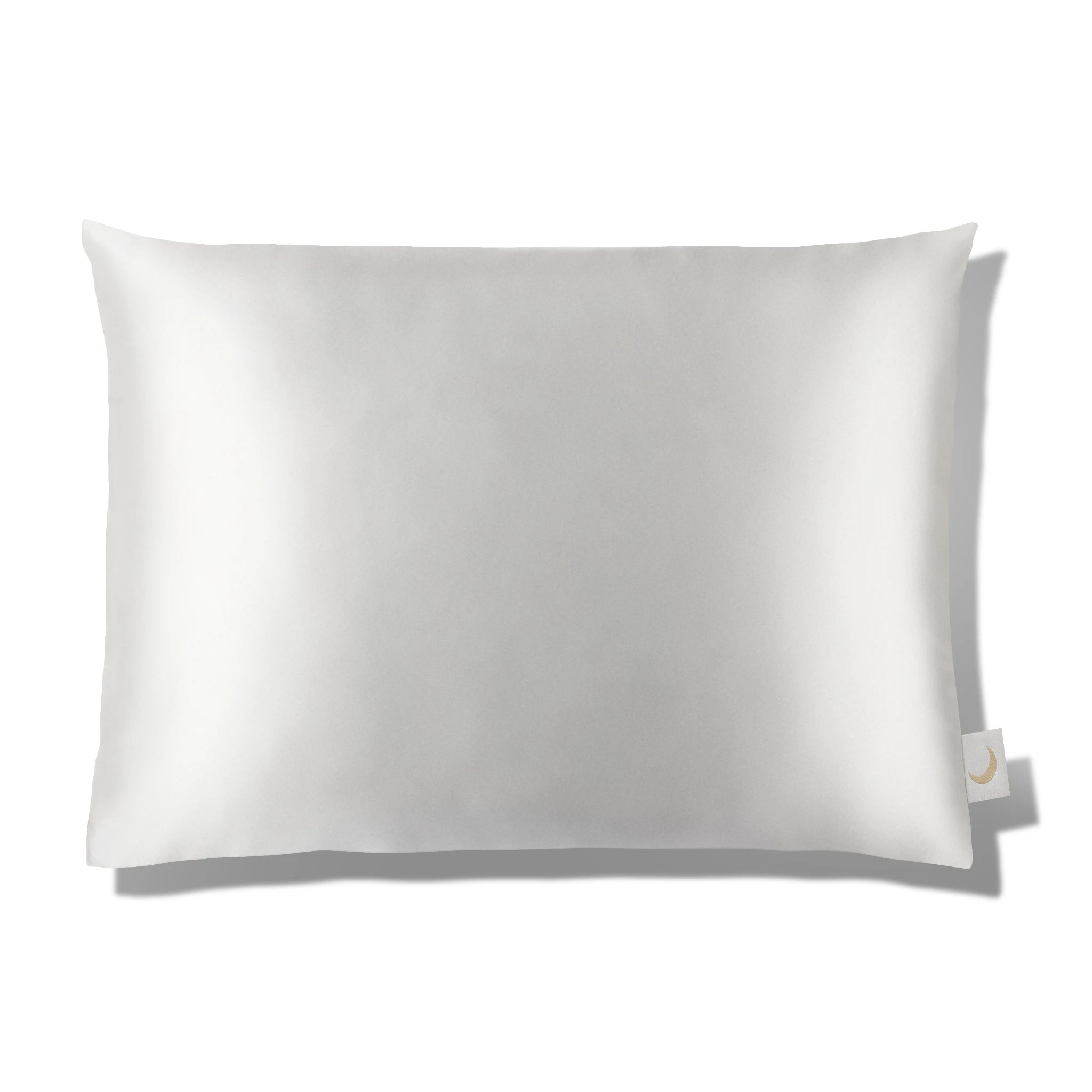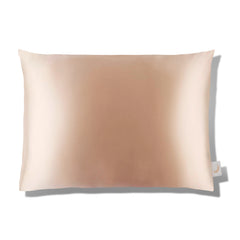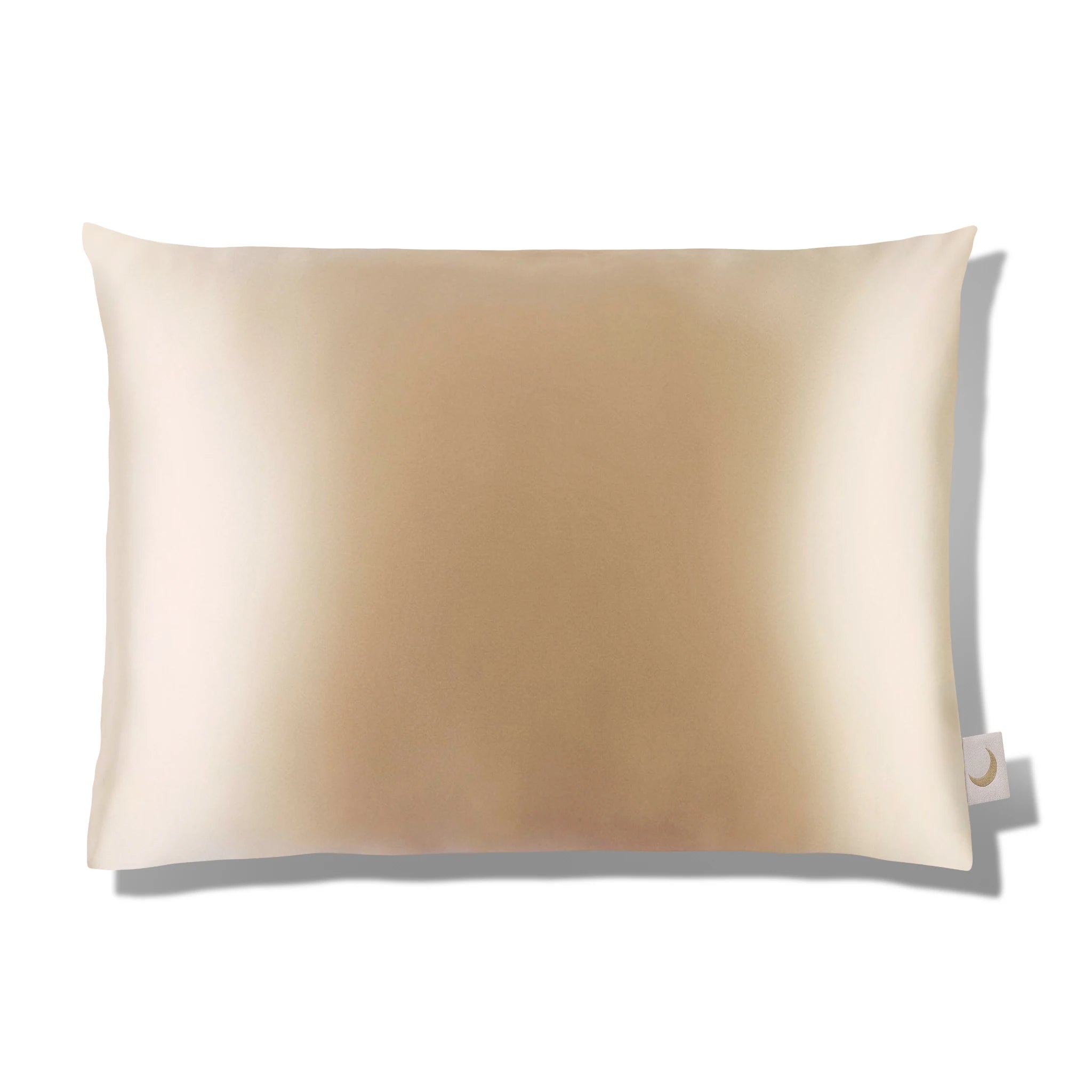Here is how we fight jet lag when traveling across time zones. Read on how once again sleep proves to be the superpower to combat jet lag. Light exposure, nutritious food and some scheduling are our proven strategies to fight jet lag like a pro and ensure travel between time zones at ease.
Common jet lag symptoms
We have been there: we travel to another time zone and our body just falls out of sync. The misalignment between our body's internal biological clock, called the circadian rhythm, and the time of our new location can cause various symptoms, such as:
-
Fatigue, a general lack of energy and motivation and feeling of tiredness and lethargy
-
Sleep disturbances, we have difficulty falling and staying asleep or wake up too early
-
Insomnia, the inability to fall asleep despite feeling tired
-
Mood swings, we might feel irritable, anxious, or even mildly depressed
-
Difficulty concentrating, jet lag can affect cognitive functions, making it challenging to focus, concentrate, or make decisions
-
Headaches due to the disruptions of sleep patterns and the overall adjustment to a new time zone
-
Digestive issues, like constipation or diarrhoea
-
Muscle soreness and joint stiffness
-
Loss of appetite or increased hunger
-
Overall discomfort or malaise may accompany jet lag, contributing to a feeling of being unwell
Flying east or flying west? Why eastbound feels harder to us!
When we fly west, we fly against the earth rotation. This means we are ahead of time. We arrive at our destination earlier in the day. It is easier for most to push our bedtime a couple of hours than trying to force our body to sleep earlier than usual. We can push ourselves to the release of adrenalin and ephedrin in order to stay awake according to Andrew Huberman, professor of neurobiology at Stanford.
When we fly east, we are quicker than the earth rotating. We are combating time. This direction usually causes an experienced heavier jet lag in most people. We have to go to bed a couple of hours earlier and wake up a couple of hours earlier than usual. This can likely cause sleep deprivation. This asymmetry of jet lag may indeed increase jet lag east-bound.
You have a morning flight? Try entering a little sleep deprived in order to fall asleep faster in the plane.
Jet lag strategy depending on duration of stay
Short travels - no less than 10 days
A helpful strategy for fighting jet lag might be preserving our regular eating window. This helps for shorter travels, that are no longer than 10 days. When we eat according to the previous time zone, we trick our metabolism into not adjusting and thus avoiding another jet lag on the return of our travel too.
Travels longer than 10 days
It is though helpful to adjust to the new time zone if we stay longer and want to adjust to the new time zone.
11 pro tips to fight jet lag
We can adjust our circadian rhythm one to three hours per day. Here are our proven tips to defeat jet lag and be able to enjoy our travels to the fullest.
-
Powerhouse sleep - how we start pre-flight
We try to adjust our sleep schedule a few days before departure to align to the destination's time zone. We sleep earlier when traveling east and later when traveling west. A gradual adjustment can ease the transition between time zones.
-
Hydration heroes
Airplane cabins are notorious for their dry air, which can intensify the symptoms of jet lag. We like to stay well-hydrated by drinking plenty of water or tea before, during, and after our flight.
-
Avoid caffeine and alcohol
We avoid excessive caffeine and alcohol, as both can contribute to dehydration and disrupt our sleep patterns. We try not to fall for the illusion of a sleep inducing night cap. The sedative effect of alcohol might help us drift asleep easily but alcohol actually affects our sleep quality in a negative way.
-
Eating light and nutritious
We recommend eating healthy, nutritious food, such as fresh fruit, veggies, lean protein, yoghurt and nuts. We try to avoid heavy, fatty, carbs and anything that bloats.
Consider eating healthy before the flight and skipping the on-flight meal. We should eat 4 hours prior sleep. Food slightly increases our body temperature. A heavy meal shortly before sleep can have a negative effect on the sleep quality and can make it harder to fall asleep. We need to lower our temperature to get sleepy.
-
In-flight routines
Mini-routines during the flight help to signal our body that it's time to adjust. It helps to already set our watch to the destination time. We try to eat, sleep, and engage in activities according to that schedule. We love sleep aids like a comfy pillow, a sleep mask, and noise-canceling headphones to create a comfortable environment conducive to rest. Read on: how to sleep on a plane - fall asleep faster than ever and how white noise helps us calm down.
-
Dress comfy
Choose comfy and lightweight travel loungewear that helps you stay cozy but not too warm. Organic materials, like cotton, linen or silk help regulate our body temperature. Our body temperature needs to drop so we can become drowsy.
-
Smart napping strategies
When we arrive at the destination, we try to resist the urge to immediately succumb to exhaustion. We take strategic naps instead to help the body adapt. Short 20-30 minute naps can provide a quick energy boost, while longer 90 minute naps allow to complete a full sleep cycle.
-
Light exposure before 9am
Natural light is a powerful tool for resetting the internal clock. Spending time outdoors during daylight hours helps to regulate the circadian rhythm. If we arrive during the daytime and resist the temptation to nap and stay active, we encourage the body to adjust to the local time. If we arrive during the night, viewing at least 20 minutes of sunlight early in the next mornings will help to adjust our circadian rhythm to the new time zone. Try to see sunlight before 9am and try not to wear sunglasses to activate enough photon energy through your retina.
-
Staying active
Physical activity, such as workouts, yoga, pilates or running on arrival help fight jet lag. Exercise can help alleviate fatigue and promote better sleep. Exercising in our usual schedules further helps adjusting our internal clock.
-
Supplements and sleep aids
Natural solutions, like scheduling of food and sleep, light exposure and exercise shall be the priority in fighting jet lag. If those do not help, a conscious usage of supplements may help too. A low dose of Melatonin can help induce sleep time. While sleeping pills, no matter if prescription or over-the-counter drugs, may help you fall asleep or stay asleep, but they do not work to change our circadian rhythm and may not provide the honest restoring sleep we need in order to reset our circadian rhythm.
-
Mindful traveling
We love to adopt a positive mindset and stay patient with our body as it adjusts. Stress and anxiety can exacerbate the effects of jet lag. When we practice mindfulness techniques, such as conscious breathing and meditation we keep the travel spirits high.
Traveling is awesome and we love to enjoy every minute of it. We really hope that you can with these tips, too. Found this tips helpful? Share it with your travel companion. Head out to conquer time zone travel like a seasoned explorer. Safe travels, love!
Listen on in this Huberman podcast episode: https://www.hubermanlab.com/episode/find-your-temperature-minimum-to-defeat-jetlag-shift-work-and-sleeplessness






















